Cornea
Introduction
The cornea is the transparent, dome-shaped front layer of the eye that helps focus light onto the retina. Any damage or disease affecting the cornea can blur vision and cause discomfort. At Solis Eye Care, our cornea specialists diagnose and treat a wide range of corneal disorders, restoring clarity and protecting your eye health.
Common Symptoms of Corneal Problems
Blurred or distorted vision.
Redness and inflammation in the eye.
Eye pain or discomfort, especially when blinking.
Sensitivity to light (photophobia).
Excessive tearing or dryness.
Feeling like there is something in your eye (foreign body sensation).
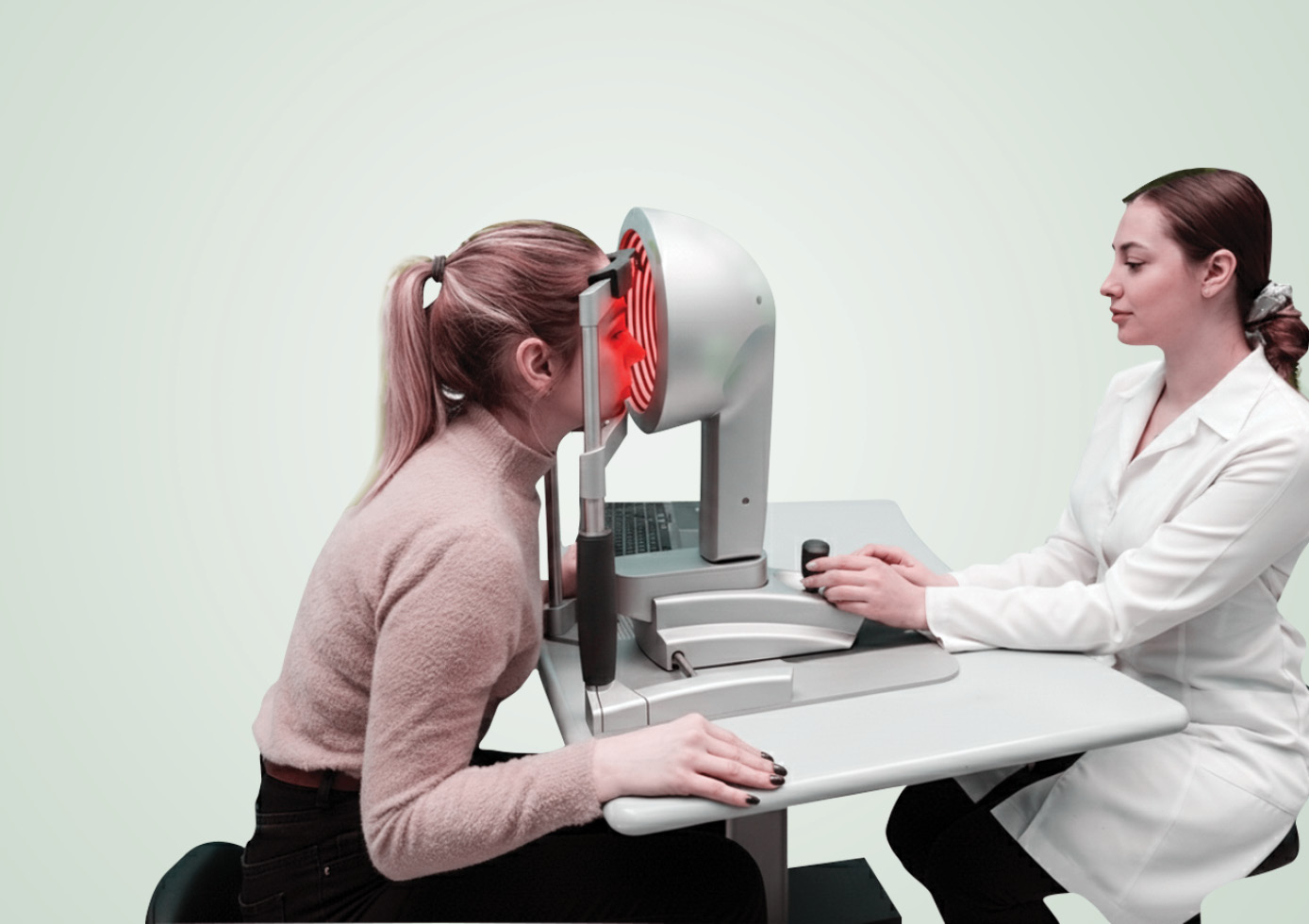
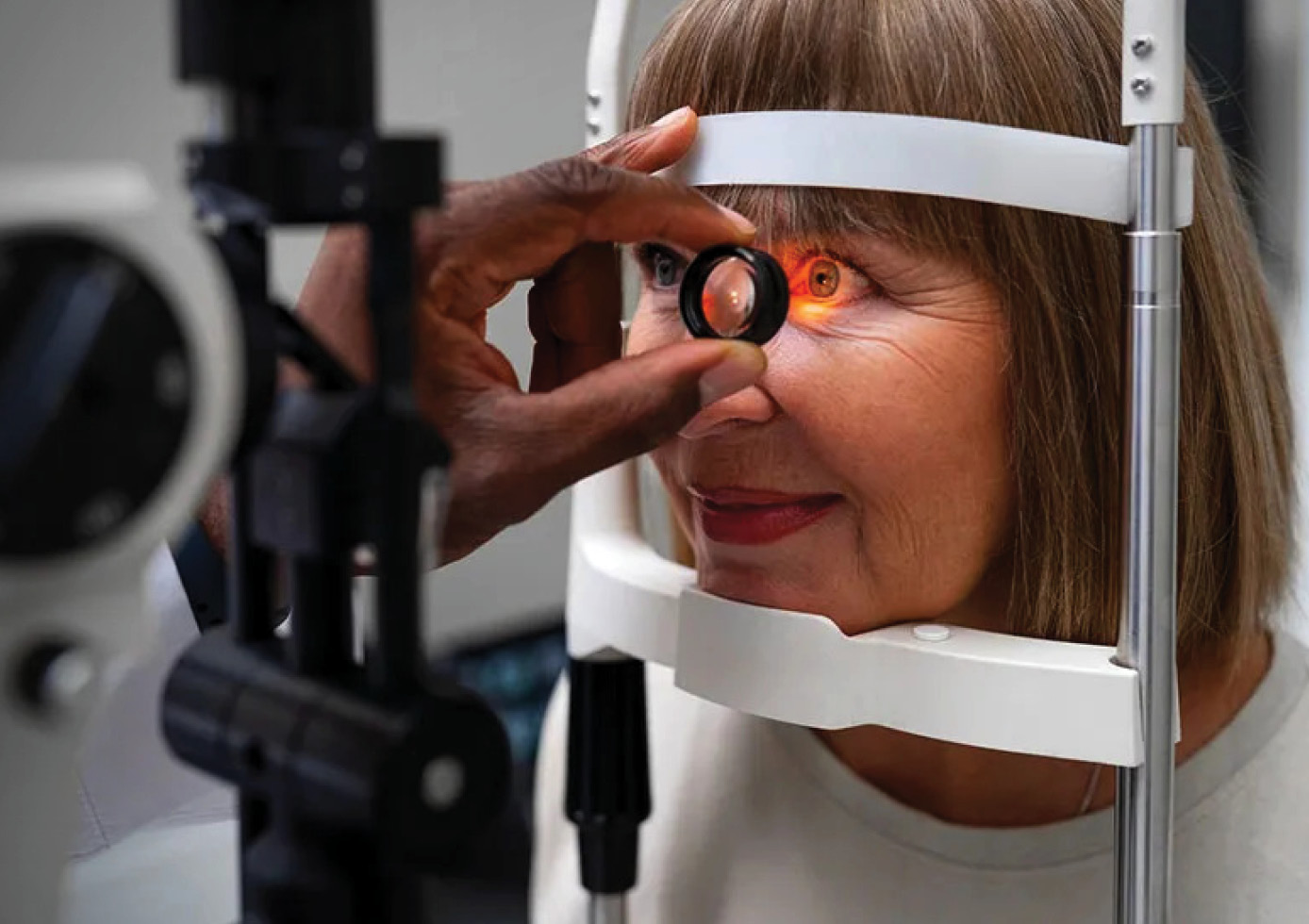
Causes and Risk Factors
Eye infections like bacterial, viral (herpes), or fungal keratitis.
Corneal injuries from trauma or foreign objects.
Congenital corneal diseases like keratoconus.
Dry eye syndrome and allergies.
Post-surgical complications or contact lens overuse.
Exposure to harmful UV light without eye protection.
- Common Corneal Conditions
- Diagnosis & Treatment at Solis
- Long-Term Care and Monitoring
Corneal Ulcers: Open sores caused by infections or trauma.
Keratoconus: Thinning and bulging of the cornea into a cone shape.
Dry Eye Disease: Poor tear production affecting the corneal surface.
Corneal Dystrophies: Genetic disorders causing cloudy deposits.
Corneal Scars: From injury or infection, impairing vision.
Pterygium: Growth of tissue on the cornea due to UV exposure.
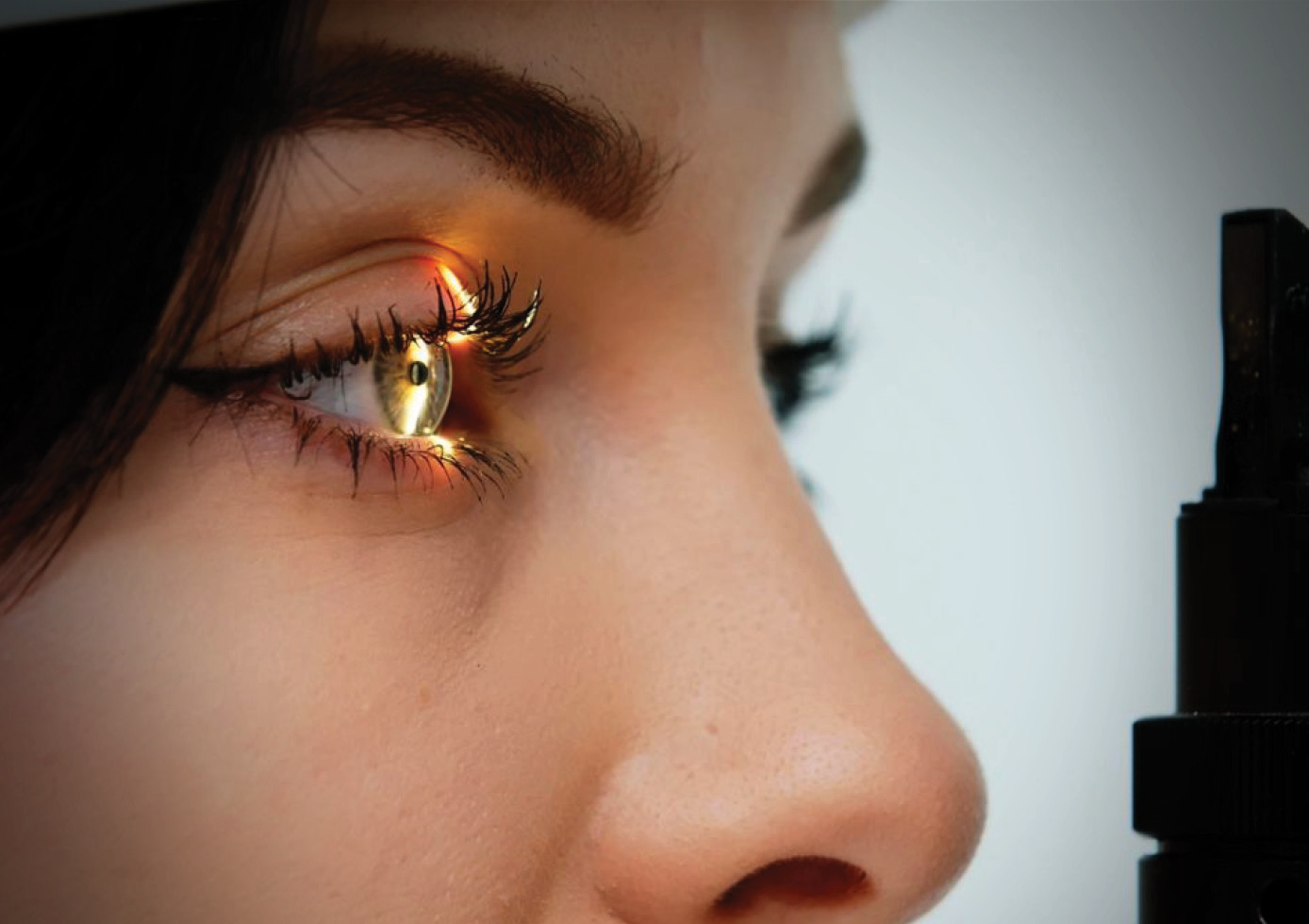
Solis uses the latest corneal imaging and evaluation tools, including corneal topography and specular microscopy. Treatments include:
Medical therapy with antibiotics, antifungals, or anti-inflammatory drops.
Corneal Collagen Cross-Linking (CXL) for keratoconus.
Artificial tear substitutes for dry eyes.
Surgical options like corneal transplants (DALK, PK, DSEK) for advanced diseases.
Pterygium removal and cosmetic procedures for corneal clarity.
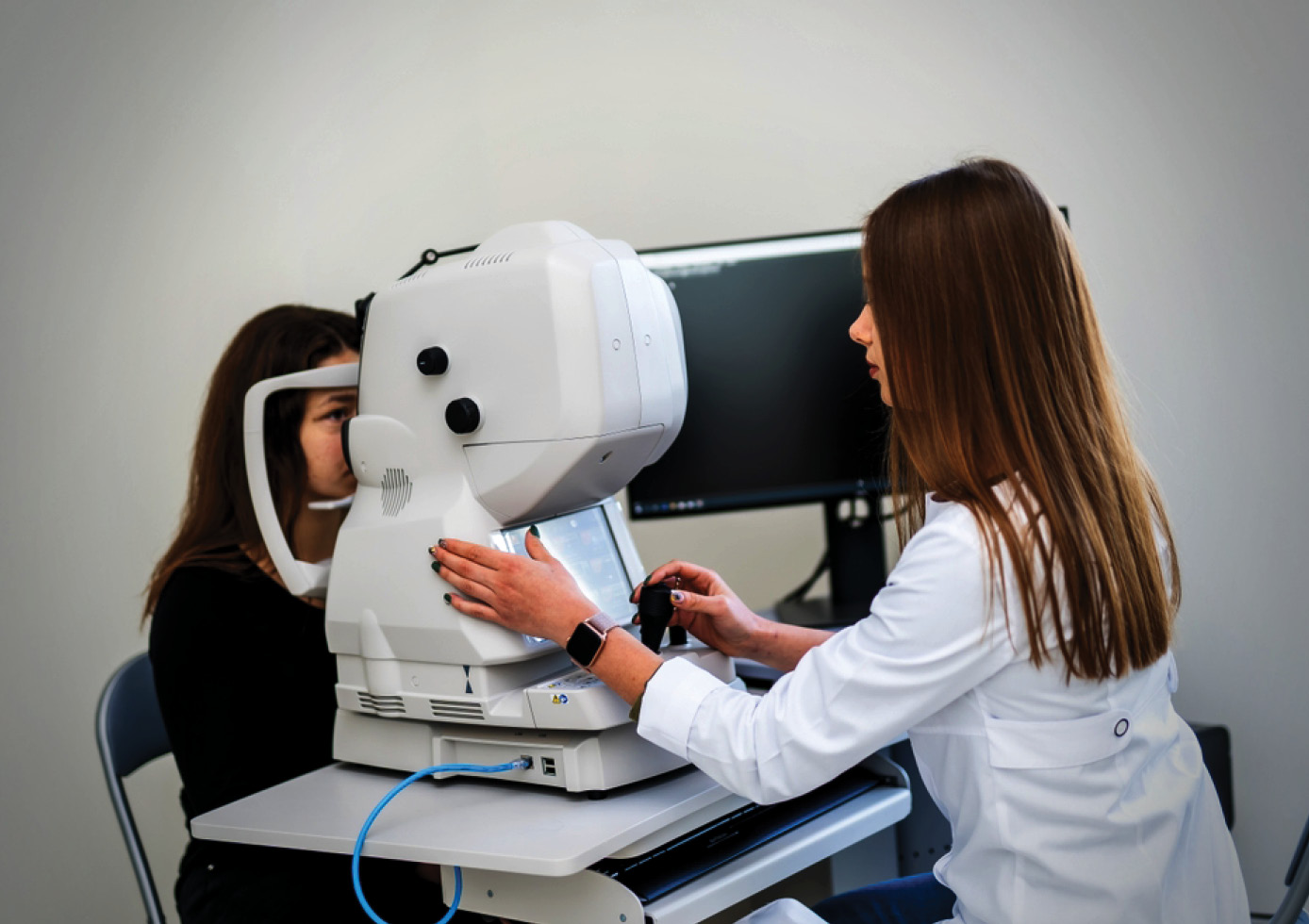
Regular eye exams for patients with chronic corneal conditions.
Safe contact lens use and hygiene practices.
UV-protective sunglasses to prevent damage.
Early intervention for infections and injuries.
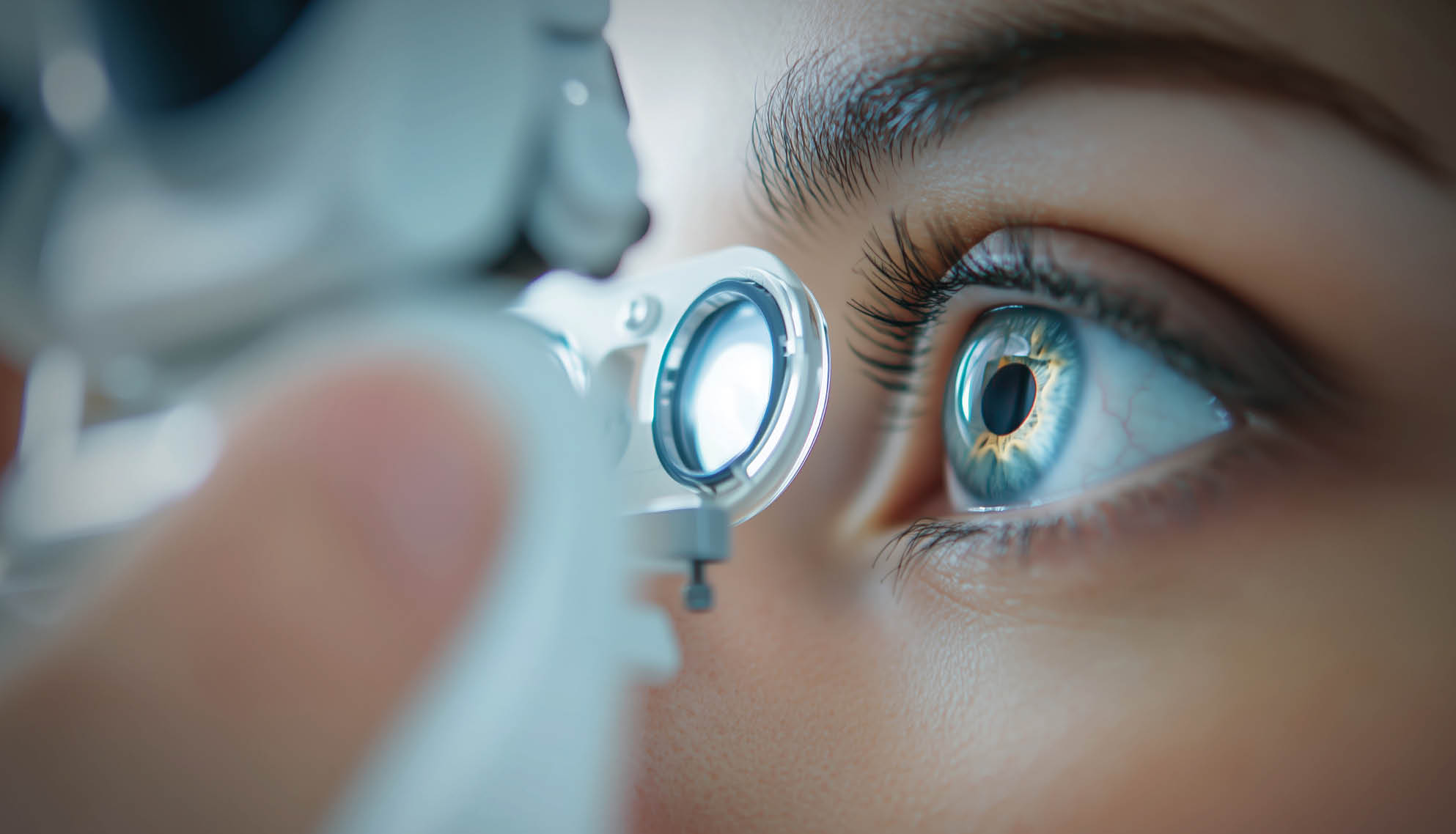
Frequently Asked Questions (FAQs)
Can corneal diseases cause permanent vision loss?
If untreated, yes. Early diagnosis helps preserve vision.
How is keratoconus treated?
With corneal collagen cross-linking or specialized contact lenses. Advanced cases may require surgery.
Are corneal transplants safe?
Yes, modern corneal transplants have high success rates.
Can dry eye affect the cornea?
Chronic dry eye can damage the corneal surface if untreated.
Is corneal injury an emergency?
Yes, prompt treatment prevents infection and scarring.

